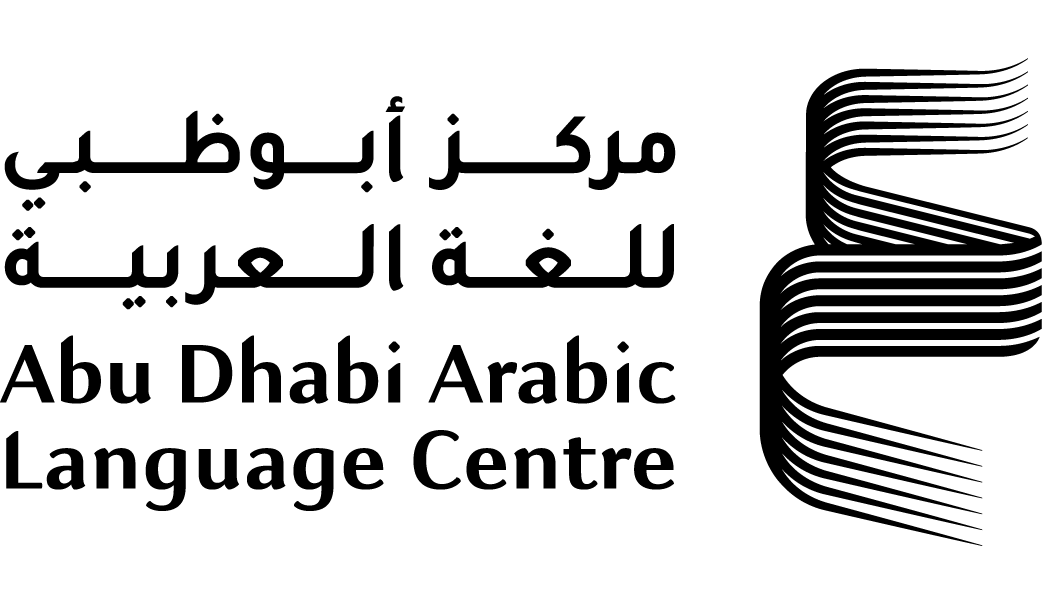The Arab Youth Centre and the Abu Dhabi Arabic Language Centre today announced the establishment of the Arabic Language Youth Council in collaboration with the Zai Centre for Arabic Language Research at Zayed University and the ‘Bil Arabi’ initiative of the Mohammed bin Rashid Al Maktoum Knowledge Foundation (MBRF).
The goal of the Council is to encourage and engage youngsters to enhance their connection with the language and its importance to the Arab identity, and to promote the use of Arabic among new generations in various spheres of life, work and knowledge. The Council also aims to broaden their understanding of the language's various aspects and enable them to participate in its development for the future.
The Arabic Language Youth Council has 23 members representing ten nations, including India and Japan.
Her Excellency Shamma bint Suhail Faris Al Mazrui, Minister of Community Development, and Vice Chairman of the Arab Youth Centre, stated in a video message: "We work in accordance with the directives of His Highness Sheikh Theyab bin Mohamed bin Zayed Al Nahyan, Chairman of the Arab Youth Centre, to ensure that the Arabic language is a top priority for our initiatives and programmes aimed at strengthening youth connections with the Arab identity and culture at the national and international levels. We will continue to harness the energy and spirit of innovation of youth and expand the efforts of individuals and institutions to ensure that Arabic language remains at the centre of their attention. We also aim to drive the economic, cultural, and professional potential that the Arabic language offers young people.”
Her Excellency added: "We collaborated with a group of experts and professionals to attract an elite group of prominent young people in 18 fields and specialisations related to Arabic language and arts. Through them, we intend to reach out to as many creative young people as possible and leverage their ideas for encouraging non-speakers to learn Arabic. We aim to bring Arabs and non-Arabs closer as well as the dialects closer to the basic Semitic linguistics by infusing modern and fresh ideas and increasing the use of Arabic in today’s media through the use of technology.”
Her Excellency commended the efforts of the voluntary evaluation committees, which resulted in the inauguration of the activities of the Arabic Language Youth Council. They gained widespread interest and a large turnout of members from all over the world. This is part of the UAE's commitment to promoting the Arabic language and inspiring future generations to learn and participate in promoting the status of ض)) (Dhad) as a language.
H.E. Dr. Ali bin Tamim, Chairman of the Abu Dhabi Arabic Language Centre (ALC), and Secretary General of the Arabic Language Youth Council, said: "The inauguration of the Arabic Language Youth Council adds to the unification of efforts at the local and global levels, highlighting the role of Arab youth and giving them full room to be active partners in serving the Arabic language and nurturing it for the future.”
H.E. Dr. Ali bin Tamim added: "The founding of the Arabic Language Youth Council contributes to enhancing the Emirati initiative with modern applications. We also aim identify the responsibilities of various sectors within the Council as the Arabic language drives inclusivity across various human cultures and civilisations".
He stated that the Arabic Language Youth Council aims to preserve the Arabic language (Dhad language) by encouraging youth participation through their ideas as well as drawing on the contributions of experts. Since the Arabic language faces many difficulties in the transmission and production of knowledge, it is essential to preserve its gains by enhancing the participation of youth.
He explained that the Arabic Language Youth Council addresses essential and critical issues in linguistic affairs through the Arab Youth Centre’s support and strategic relationships with institutions specialising in the Arabic language, such as the Abu Dhabi Arabic Language Centre. The goal is to promote the Arabic language's standing, strengthen its presence, and highlight the role of the United Arab Emirates in this regard.
He stated that the Arabic Language Youth Council seeks to attract the ideas, projects, and programmes by youth that contribute to enhancing the language. He said the Council will foster specialised expertise in this field, as well as leverage the skills and abilities of youth and youth institutions.
H.E. bin Tamim urged Arab youth and youth organisations to participate in the endeavours of the Arabic Language Youth Council to provide scientific and practical suggestions that accomplish the goals and objectives of the Council and highlight the Arabic language at all Arab and international forums.
The Arabic Language Youth Council is made up of 23 individuals from ten nations, including the UAE, Japan, India, Saudi Arabia, Oman, Tunisia, Algeria, Syria, Jordan, and Palestine. Its activities are divided into 18 categories: education (Arabic for non-native speakers), linguistic research, debates, elocution, calligraphy, dialects and classical Arabic, translation and Arabisation, dictionaries, Braille, cyber language, artificial intelligence, sustainable development, theatre and cinema, and clubs, Arabic comics, handicrafts, journalism and media, and content creation.
The Council promotes the Arabic language among young people and develops methods for its scientific, educational, cultural, and artistic growth. It also explores the challenges that Arab youth face when learning Arabic and organises projects and activities to promote the learning of Arabic among young people. The Council also aims to bring dialects closer to standard Arabic, instil pride in young people in the Arabic language, incorporate new linguistic vocabulary into the lexicon, and work on contemporary ideas from the youth.
The Arabic Language Youth Council is dedicated to accomplishing several outcomes, such as enhancing capacity, providing training programmes for Arab youth to improve their Arabic language skills, identifying youth talents to prepare a new generation of creative leaders, educating native and non-native speakers about the future of the Arabic language, and launching a glossary that introduces words in various Arabic dialects, in addition to establishing a connection among Arab youth to encourage and support the Arabic language, among other objectives.
![alc-default-cursor]()

